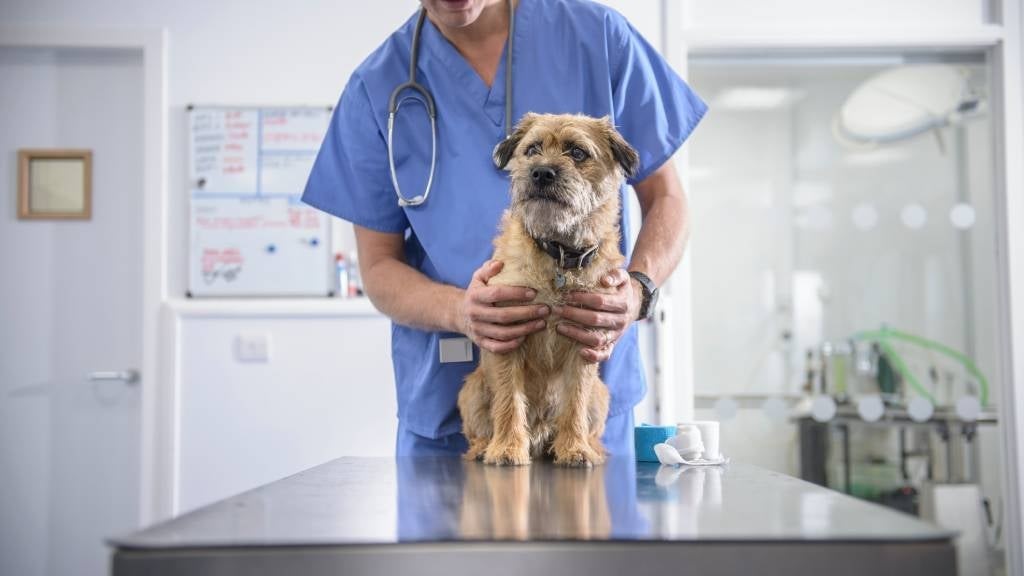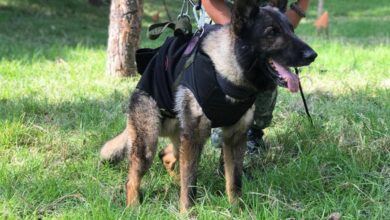Common Dog Diseases and Their Symptoms
Common Dog Diseases and Their Symptoms
For dog owners, maintaining the health of their furry friends is crucial for ensuring they live long and happy lives. Like humans, dogs can suffer from various diseases, often presenting with specific symptoms. Early diagnosis and treatment can make a significant difference in your dog’s well-being. In this article, we will detail the most common dog diseases and their symptoms.

Common Dog Diseases and Symptoms
1. Distemper
Distemper is a viral disease that affects the respiratory, digestive, and nervous systems of dogs. It is most commonly seen in young dogs but can affect dogs of any age. It spreads through infected dogs’ saliva, urine, and feces.
Symptoms:
- High fever
- Nasal and eye discharge
- Coughing and breathing difficulties
- Vomiting and diarrhea
- Neurological signs (tremors, seizures)
2. Parvovirus (Parvo)
Parvovirus is a deadly gastrointestinal infection, especially common in puppies. It spreads rapidly and is highly contagious, putting unvaccinated dogs at significant risk.
Symptoms:
- Severe diarrhea (which may be bloody)
- Vomiting
- Loss of appetite
- Lethargy
- Dehydration (excessive fluid loss)

3. Rabies
Rabies is one of the most dangerous and fatal infectious diseases among animals. It spreads through the saliva of infected animals and can quickly become fatal by affecting the nervous system. Rabies poses a significant threat to both your dog and those around them.
Symptoms:
- Behavioral changes (extreme aggression or calmness)
- Fear of water (hydrophobia)
- Excessive drooling
- Paralysis and neurological problems
4. Lyme Disease
Lyme disease is a bacterial infection transmitted through ticks, which can lead to severe health problems in dogs, particularly joint pain and long-term health issues.
Symptoms:
- Fever
- Limping (joint pain)
- Swollen lymph nodes
- Fatigue and lethargy
5. Kennel Cough
Kennel cough is a respiratory infection that spreads when dogs are in crowded environments (e.g., dog hotels, shelters). It can be caused by bacteria or viruses and is usually mild, though it can have serious effects on dogs with weakened immune systems.
Symptoms:
- Dry, hacking cough
- Sneezing
- Runny nose
- Mild fever
6. Leptospirosis
Leptospirosis is a bacterial disease transmitted through contaminated water sources. It can lead to liver and kidney damage in dogs and can also be transmitted to humans.
Symptoms:
- High fever
- Vomiting
- Diarrhea
- Muscle pain
- Kidney failure
7. Hip Dysplasia
Hip dysplasia is a genetic condition commonly seen in large dog breeds. It occurs when the hip joint develops abnormally, leading to friction and inflammation, which limits a dog’s ability to move.
Symptoms:
- Limping
- Difficulty running
- Trouble climbing stairs
- Weakness in the hind legs
8. Arthritis
Arthritis is common in older dogs and is characterized by inflammation and stiffness in the joints. It can limit a dog’s mobility and reduce their quality of life.
Symptoms:
- Limping
- Difficulty moving
- Joint stiffness
- Loss of appetite and restlessness
9. Gum Disease
Gum disease is widespread in dogs and occurs when plaque and tartar build up, leading to gum inflammation. If left untreated, it can cause tooth loss and more serious health problems.
Symptoms:
- Bad breath
- Bleeding gums
- Loose or missing teeth
- Loss of appetite
10. Eye Diseases (Cataracts and Glaucoma)
Cataracts and glaucoma are common eye conditions in dogs. Cataracts cause the lens of the eye to become cloudy, leading to vision loss, while glaucoma results from increased pressure in the eye, which can damage the optic nerve.
Symptoms:
- Cloudy eyes
- Redness in the eyes
- Eye pain (glaucoma)
- Signs of vision loss
Preventing Diseases and Early Detection
Many dog diseases can be prevented through regular vet check-ups and a proper vaccination schedule. Early detection is key to treating these diseases successfully. If you notice one or more of the symptoms mentioned above, contact a veterinarian immediately. Also, keep in mind that a healthy diet, regular exercise, and proper hygiene can help protect your dog from illnesses.





Hey people!!!!!
Good mood and good luck to everyone!!!!!